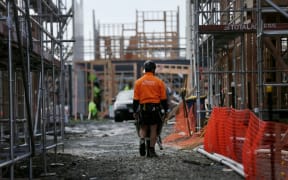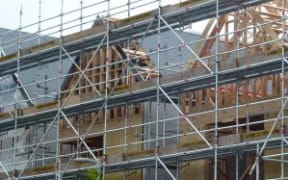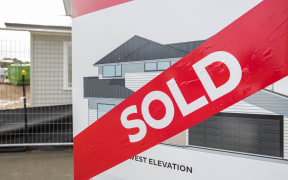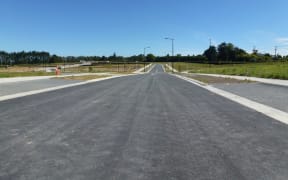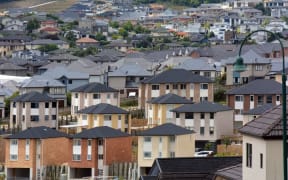There are fears thousands of cheap homes may not now be built in Auckland because more than half of its fast-track Special Housing Areas (SHAs) have been disestablished.
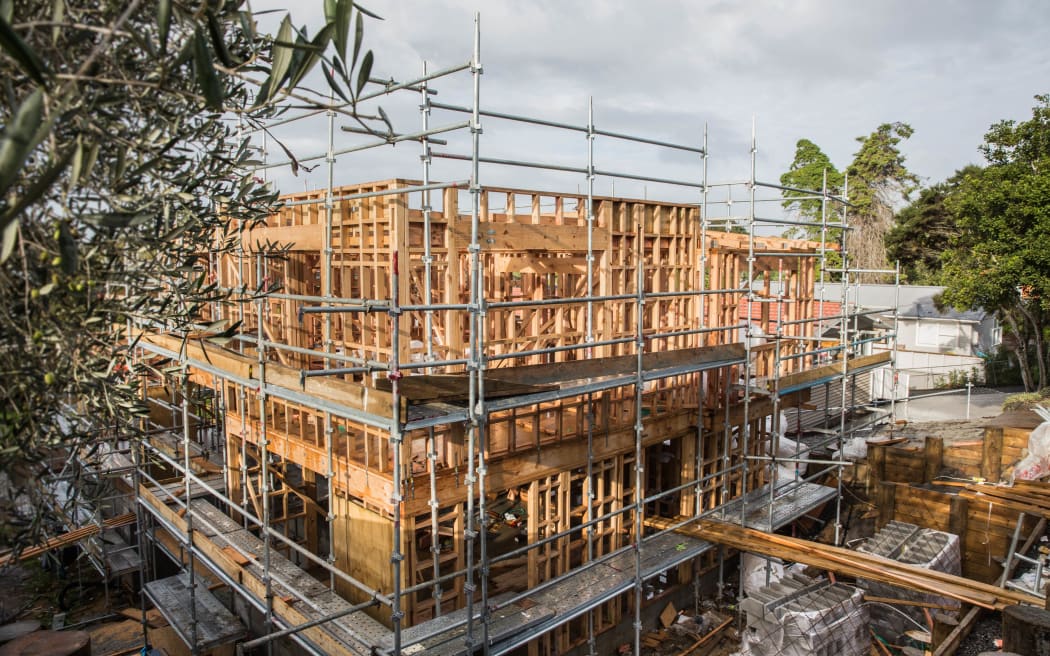
Photo: RNZ / Cole Eastham-Farrelly
Under Auckland's Housing Accord between the council and the government, 154 of the areas were established to speed up building tens of thousands of houses.
The head of the Auckland Council's planning committee, Chris Darby, said at least 86 no longer existed.
Developers in these areas got special treatment such as a speedier consent process and re-zoning, and under the system at least 10 percent of the homes they built had to be classed as affordable.
Housing group representatives told RNZ many developers sat on the land, waiting for the Housing Accord to end and the replacement scheme, the Auckland Unitary Plan, to come into force so they did not have to build any affordable homes.
The three-year Housing Accord ended in May but neither the council nor the government can say how many affordable houses have been built because no one has been tracking it.
Mr Darby said he had been concerned about how the SHAs were being monitored for several months and what data the council was collecting, and wanted some answers.
"If there are situations where the 10 percent affordability criteria have not been satisfied, we want to understand why not - because there was a much easier path to development by signing up as a Special Housing Area."
Mr Darby said he feared the high number of disestablished SHAs would mean that many expected affordable homes would not be built.
Under the Unitary Plan, there is no requirement for developers to build affordable homes.
He wanted to know why so many have been disestablished and whether there had been any development on them.
AUT professor of construction management John Tookey said it showed the flaws of the Housing Accord.
He said developers were avoiding building smaller, cheaper homes because they made less profit.
"We are expecting a commercial industry to deliver on a civic and social need.
"And unfortunately those two positions are not ... lining up along side each other."
However, Alan Johnson from the Salvation Army said he was not surprised so many SHAs had been disestablished.
He said they were not the cure for the housing crisis.
"It was always doubtful that the houses would've been built and there was always a struggle to retain them as affordable housing.
"The real problem was of course was, of course, that a developer may have, for example, sold off some of their units at below-market price.
"But of course the first owner of it is more or less unencumbered and is allowed then to sell it on at the market rate."
Mr Darby said the numbers of affordable houses built and an explanation of the disestablished SHAs would be known next month in a full report on the Housing Accord.

